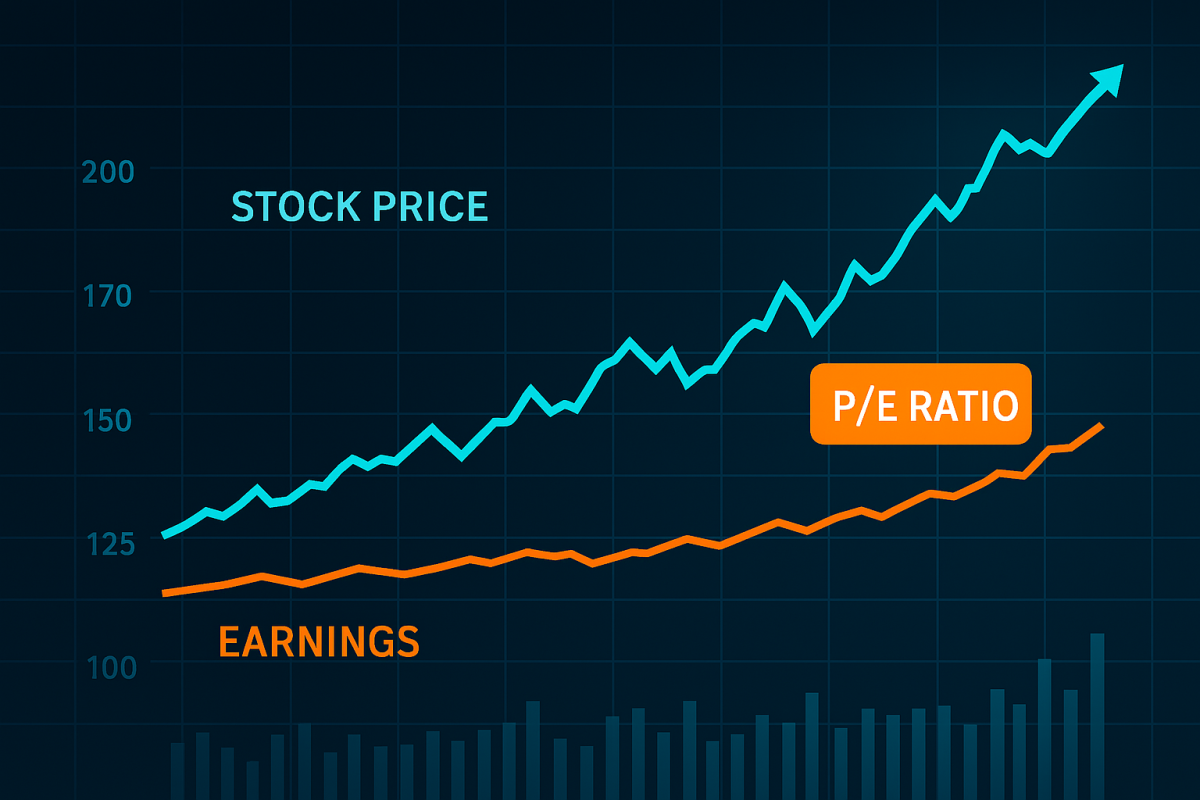Cash-Flow based Valuations
Cash-Flow, EBIT, and EBITDA
One of the most common valuation methods that investors use is the cash flow analysis. Cash flow is simply the cash that “flows through the company” during a quarter or year, excluding fixed expenses. This is, because cash flow tries to give a picture of the financial aspect of the activities that the company carries out. EBITDA is the earning before interest tax depreciation and amortization. Some investors, due to the possible dramatic changes in taxes, and their effect on the actual “power” of the earnings, rather use the earnings before interest and tax. Both the EBIT and the EBITDA is adjusted, so that one-time, non-recurring incomes and expenses are excluded. Cash flow and EBITDA may look quite similar to each other, however the main difference is, using various accounting techniques, it is much easier to distort the latter. For instance, cash paid out to shareholders and cash plowed back to the company is not a part of the earnings. Also often cash flow takes account of the actual flow of money, e.g., its timing, whereas EBITDA is simply the difference between revenues and costs, including fixed costs also.
When we use the cash flow valuation method, “some of the cash flows equal the changes in the corresponding balance-sheet items excluding noncash revaluations” (Hall 2001, p.1190). These items can be classified in four major categories;
1. The difference of dividends receivable and due,
2. The difference of equity transactions,
3. The difference of interests receivable and due,
4. The difference of meeting debt obligations
The sum of these four categories is the cash received by the company owners, also equalling to the cash that the particular company in company in question has made during the last observed period of time, usually the fiscal year of the company.
When and How to Use Cash FlowUsually cash flow is used to value companies that, to begin with, need large sums of money, such as telecommunication companies, that need to build up a network of telephony supporting infrastructure. Cash flow is useful to value them, because it excludes the high fixed costs and amortization and look only at the operating cash flows. For instance, while building their networks, the telecommunication companies reported high negative earnings, even though they in reality had positive cash flows.
It is also common to use the discounted cash flow. The main advantage of this discounted cash flow is that it considers the present value of the future cash flows.








